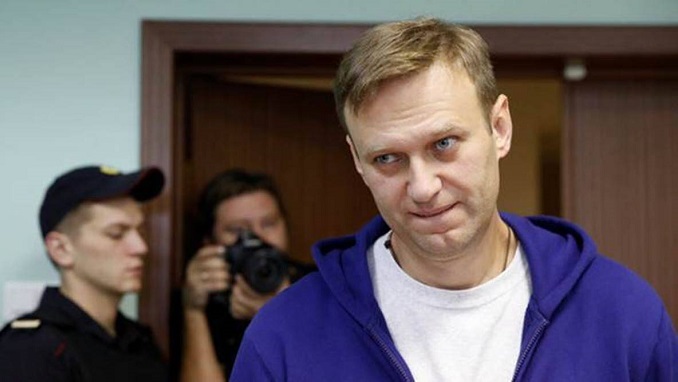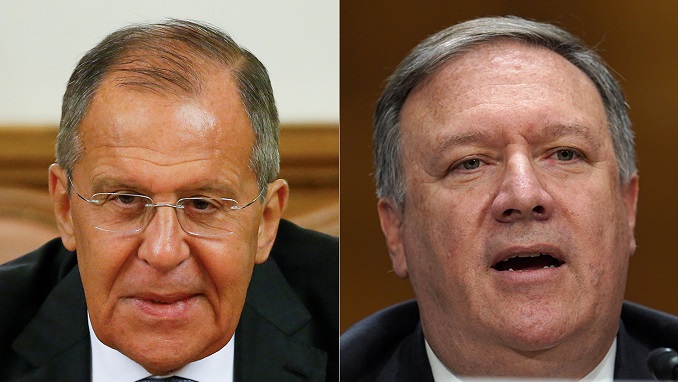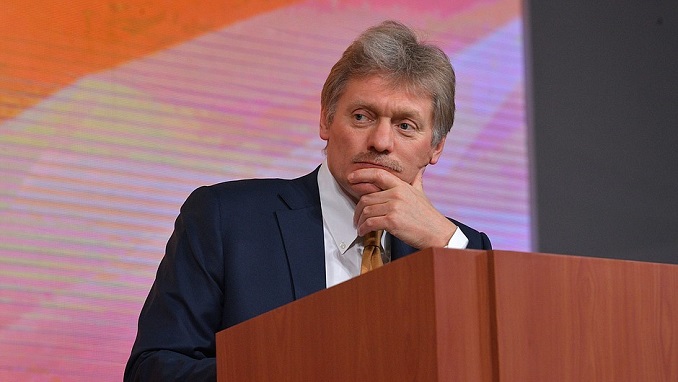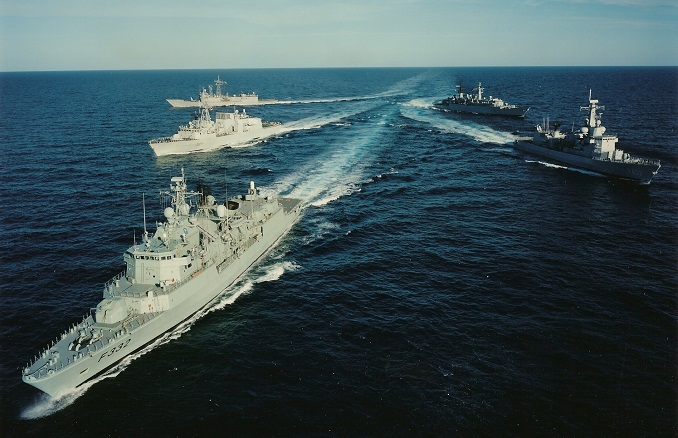Kremlin critic Alexei Navalny plans to fly back to Russia on Sunday for the first time since he was poisoned in August, despite the risk of being jailed on his return from Germany, Reuters reports.
The decision, announced by Navalny on Wednesday, signals his intention to continue his political struggle against Vladimir Putin and creates a dilemma for the authorities on how to deal with one of the Russian president’s most prominent critics.
Navalny, who has been receiving treatment in Germany, accuses Putin of ordering his poisoning with the deadly nerve agent Novichok, and some supporters had urged him to stay abroad for his own safety.
Putin has denied the authorities tried to poison Navalny and said Russian agents would have finished the job if they had wanted him dead.
The Kremlin has said it has seen no evidence Navalny was poisoned and that he is free to return to Russia at any time.
Navalny, 44, said he had almost fully recovered his health, and that he was unfazed by the risks his return may pose.
“It was never a question of whether to return or not. Simply because I never left. I ended up in Germany after arriving in an intensive care box for one reason: they tried to kill me,” Navalny wrote on Instagram. “(Putin’s) servants are acting as usual by fabricating new criminal cases against me. But I’m not interested in what they’re doing there. Russia is my country, Moscow is my city and I miss it.”
CONUNDRUM
Authorities have opened two criminal cases against Navalny, both of which he says are politically motivated. They have also started moves to convert a suspended sentence for a conviction he says was trumped up into a real jail term, one of various moves he says is an attempt to scare him into not coming back.
His return poses a conundrum for the Kremlin: jail him and risk protests, punitive Western action and turning him into a political martyr. Or do nothing and risk looking weak.
Tatiana Stanovaya, head of political analysis firm R.Politik, said the Kremlin had repeatedly raised expectations that Navalny would be arrested and not doing so would risk being seen as weak by conservatives and the security forces.
“The situation with Navalny is very like two trains heading towards each other doomed unavoidably to collide,” Stanovaya wrote on messaging app Telegram.
Staying in Germany was a political risk for Navalny. Anti-Kremlin opposition figures have struggled in the past to retain influence from outside Russia, which holds a parliamentary election in September.
Navalny’s videos accusing government officials of corruption are widely watched but opinion polls show Putin is much more popular. A poll last month by a private pollster found half of Russians believed Navalny had not been poisoned or that his poisoning was stage-managed by Western intelligence services.



